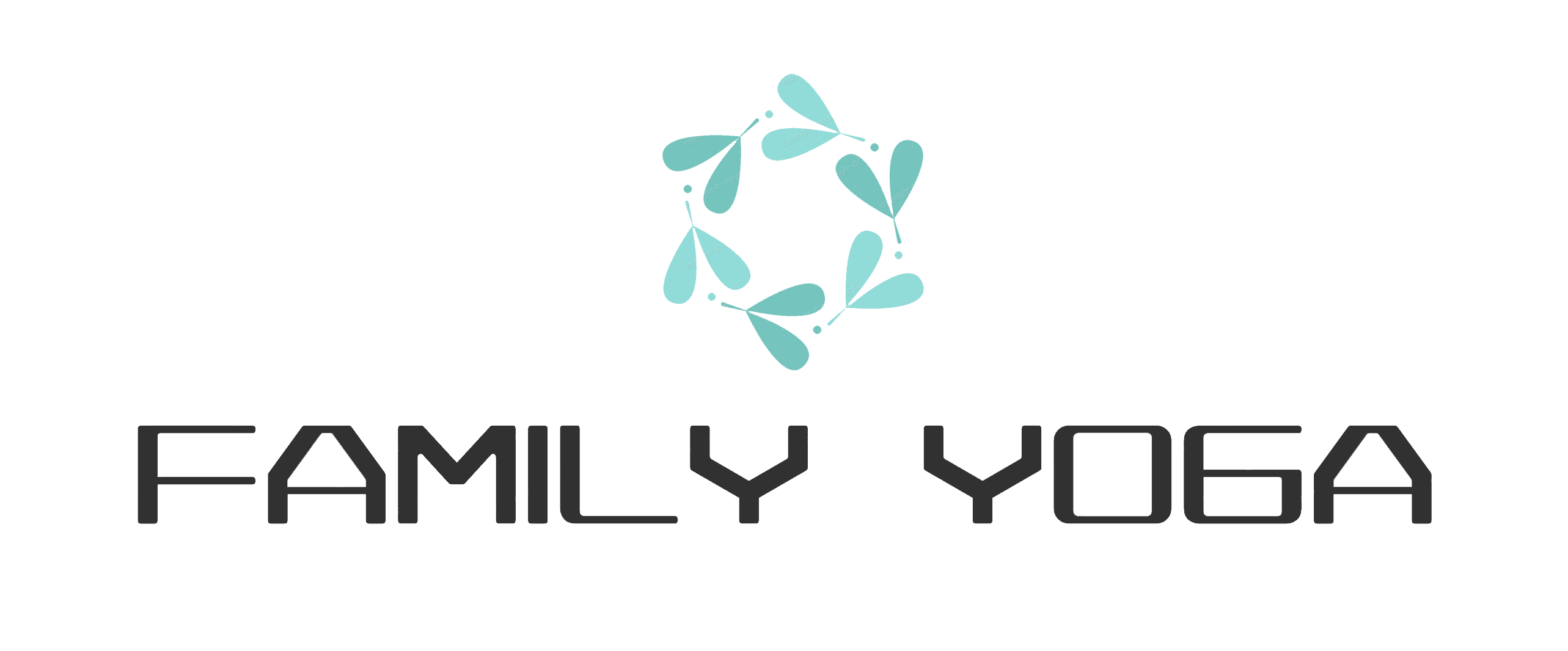
In today’s fast-paced world, children are often exposed to stress and anxiety at an early age. As parents, we want our kids to be happy, healthy, and emotionally resilient. But how can we help them achieve this? Enter . This innovative program combines the ancient practice of yoga with mindfulness techniques to help children develop the tools they need to navigate life’s challenges with ease. In this article, we’ll explore the benefits of Zen Kids and how it can help your child build emotional resilience.
1. “Finding Inner Peace: Introducing Zen Kids Yoga for Emotional Resilience”
Zen Kids Yoga is a unique approach to yoga that focuses on emotional resilience and inner peace. It is designed to help children develop the skills they need to cope with stress, anxiety, and other emotional challenges. The program is based on the principles of Zen Buddhism, which emphasizes mindfulness, compassion, and self-awareness.
Through Zen Kids Yoga, children learn to connect with their bodies and minds, and to develop a sense of inner calm and balance. The program includes a variety of yoga poses, breathing exercises, and mindfulness practices, all designed to help children cultivate emotional resilience and self-awareness. By practicing Zen Kids Yoga, children can learn to manage their emotions more effectively, build self-confidence, and develop a greater sense of compassion and empathy for others.
2. “Empowering Children: How Zen Kids Yoga Can Help Build Emotional Strength”
Zen Kids Yoga is a unique approach to yoga that is specifically designed for children. It combines traditional yoga poses with mindfulness techniques to help children build emotional strength and resilience. By practicing Zen Kids Yoga, children can learn to manage their emotions, reduce stress and anxiety, and develop a positive self-image.
One of the key benefits of Zen Kids Yoga is that it helps children develop a sense of self-awareness. Through the practice of mindfulness, children learn to pay attention to their thoughts and feelings without judgment. This can help them develop a greater understanding of their emotions and how to manage them in a healthy way. Additionally, Zen Kids Yoga can help children develop a sense of empathy and compassion for others, which can lead to stronger relationships and a greater sense of community.
3. “From Anxiety to Calm: The Benefits of Zen Kids Yoga for Emotional Well-being
Zen Kids Yoga is a unique approach to yoga that focuses on the emotional well-being of children. It combines traditional yoga poses with mindfulness techniques to help children develop a sense of calm and inner peace. The practice of Zen Kids Yoga has been shown to have numerous benefits for emotional well-being, including reduced anxiety, improved mood, and increased self-esteem.
One of the key benefits of Zen Kids Yoga is its ability to help children manage anxiety. Through the practice of mindfulness and deep breathing, children learn to regulate their emotions and calm their minds. This can be especially helpful for children who struggle with anxiety or worry. In addition, Zen Kids Yoga can help children develop a sense of self-awareness and self-acceptance, which can lead to improved self-esteem and a more positive outlook on life. Overall, Zen Kids Yoga is a powerful tool for promoting emotional well-being in children and helping them develop the skills they need to navigate life’s challenges with grace and resilience. In conclusion, Zen Kids yoga is a powerful tool for building emotional resilience in children. By teaching them mindfulness, self-awareness, and relaxation techniques, we can help them navigate the ups and downs of life with greater ease and grace. Whether your child is struggling with anxiety, stress, or simply needs a healthy outlet for their energy, Zen Kids yoga is a wonderful way to support their emotional well-being. So why not give it a try? Your child may just surprise you with their newfound sense of calm and inner peace. Namaste.

